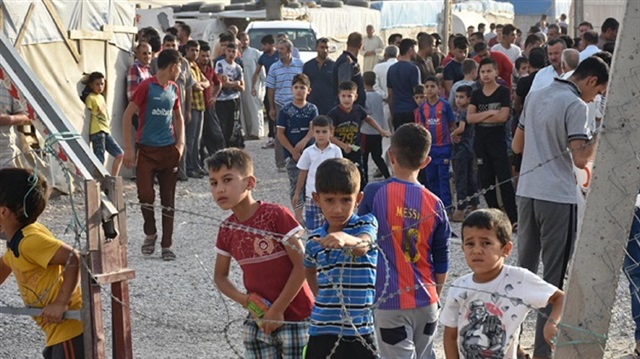
At least 250 families were exiled
Two-hundred and fifty Iraqi families, declaring that they weren’t going to vote in the Kurdistan Regional Government (KRG) referendum, were exiled from Kirkuk to the eastern province of Diyala by Peshmerga forces, according to the Iraqi Observatory for Human Rights (IOHR).
Iraq’s Prime Minister Haider al-Abadi ordered Iraqi police forces to protect people in the Kurdish region from being forced to vote.
According to Iraqi News, the IOHR has stated that: "Because they were forced to vote in the referendum more than 250 families left Kirkuk." Kirkuk’s late governor Najmiddin Karim was dismissed by the Iraqi parliament because he supported the referendum.
The observatory noted they had made contact with five families who fled to the district of al-Azim in the town of Diyala.
A family of seven was exiled to Diyala after they told Peshmerga forces, who checked their ids that they were not going to participate in the vote.
The family emphasized that this referendum is a Zionist plan to divide Iraq.
Another family said that they were given two options: to vote or to leave the city.
The non-binding referendum of the KRG on whether to declare independence from Baghdad, which began on Monday morning, carries great significance for millions of Arabs, Turkmens and Kurds in Iraq and Syria.
The Iraqi government rejects the planned poll, saying it will adversely affect the ongoing fight against the Daesh terrorist group, which still maintains a significant presence in Iraq. Baghdad also believes that holding the poll would violate the Iraqi constitution.
Turkey, too, rejects the planned referendum, saying the region’s stability depends on the unity of Iraq and the maintenance of its territorial integrity.
Washington has likewise voiced concern that the poll could serve as a “distraction” from other pressing regional issues, especially the fight against terrorism and the stabilization of post-Daesh Iraq.
Hello, the comments you share on our site are a valuable resource for other users. Please respect other users and different opinions. Do not use rude, offensive, derogatory, or discriminatory language.
The floor is all yours.








